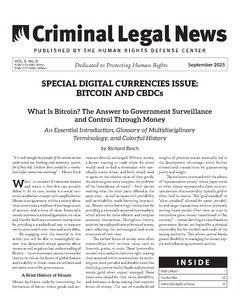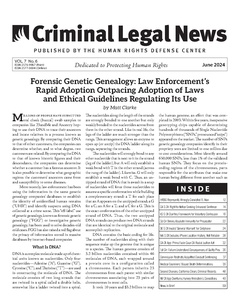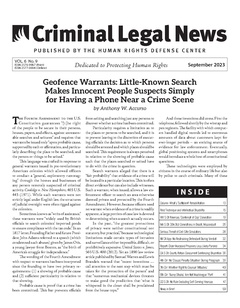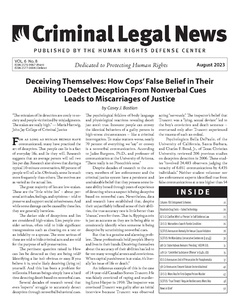by Richard Resch
"Close your eyes. Picture it. Now tell me exactly what you saw.” Across America, police treat this as a credibility test. Every day, truthful people fail it.
That is the detective in the interview room. In the courtroom, the prosecutor turns it into an …
by Chuck Sharman
In the American courtroom, the word “forensic” carries a veneer of infallibility. Jurors hear it and envision the sleek laboratories of television crime dramas with sterile rooms humming with sophisticated technology, where evidence is processed by advanced algorithms that produce irrefutable results. This misguided belief …
by Doug Ankney
“I consider trial by jury as the only anchor ever yet imagined by man, by which a government can be held to the principles of its constitution.” —Thomas Jefferson (Personal letter to Thomas Paine, dated July 11, 1789)
The American criminal justice system is …
by David M. Reutter
“Remembrance of things past is not necessarily the remembrance of things as they were.”
– Marcel Proust
When jurors weigh evidence in a criminal trial, few types of evidence are more persuasive than a witness pointing across a courtroom and declaring with …








